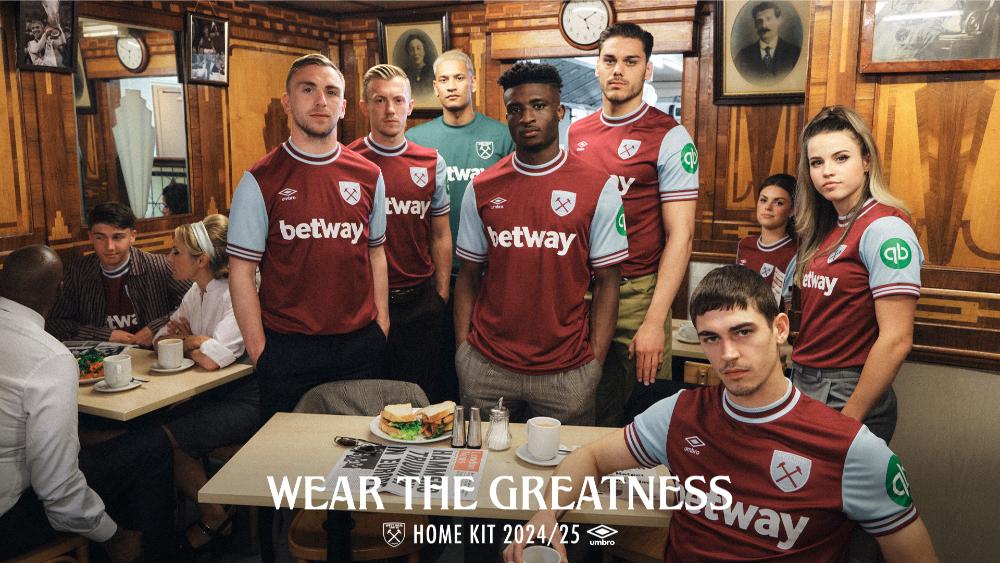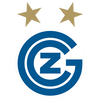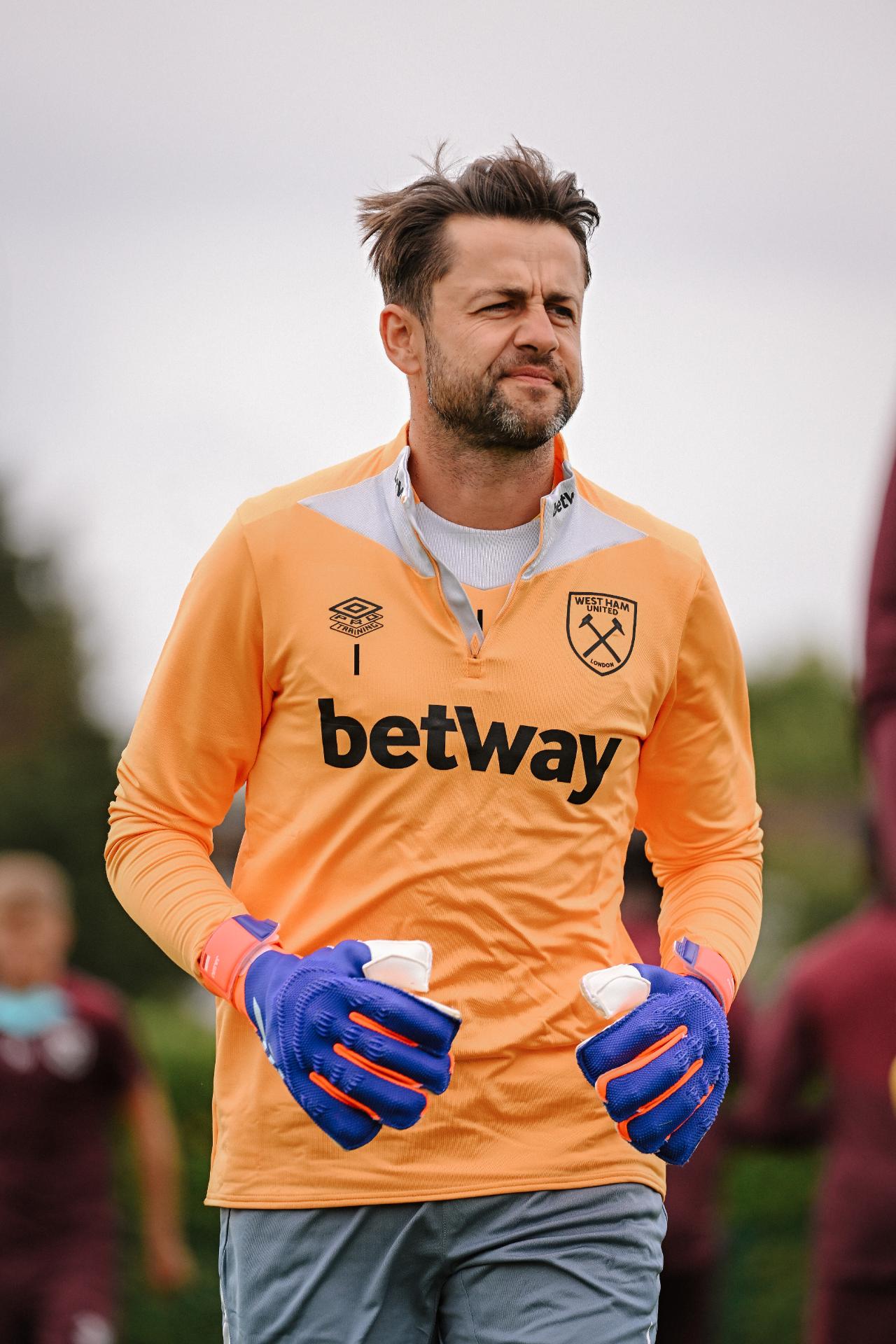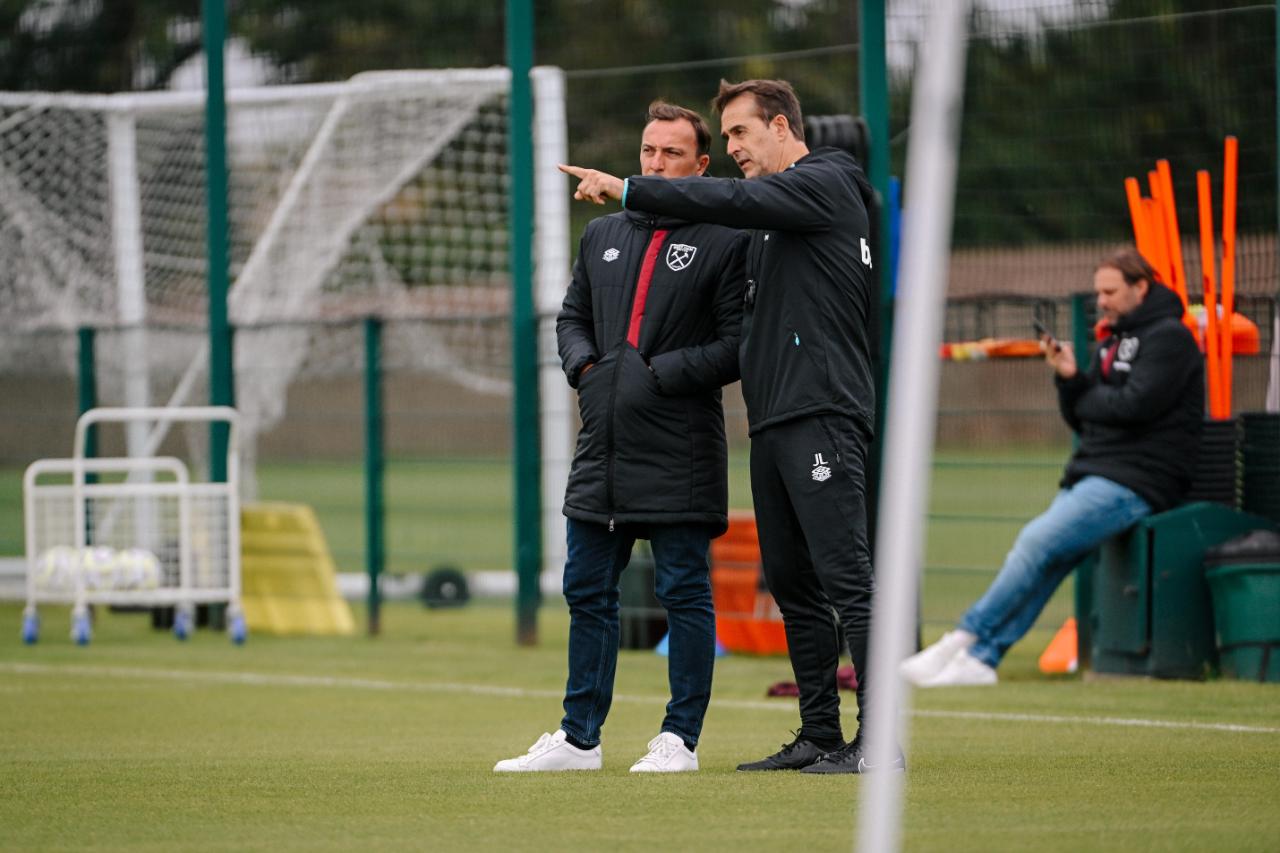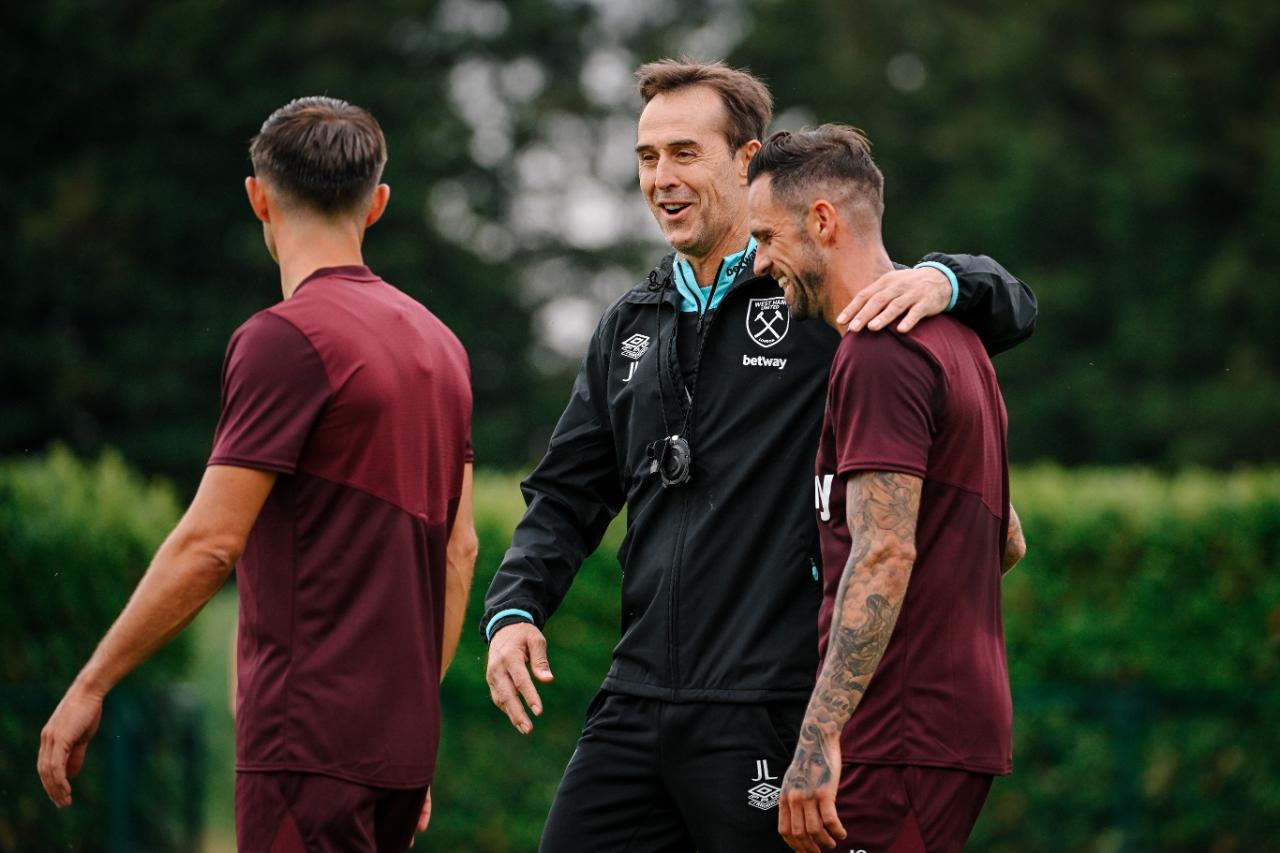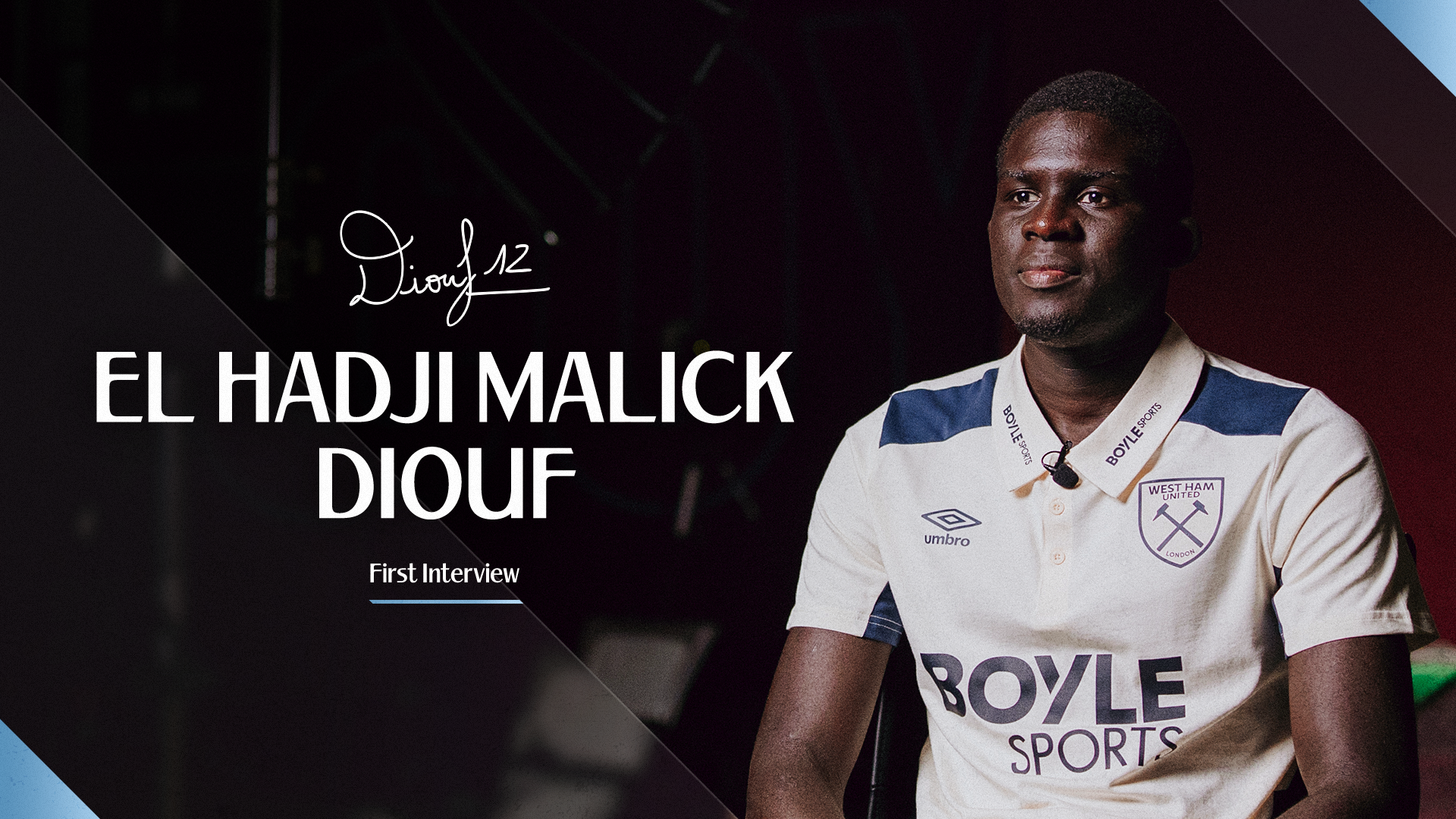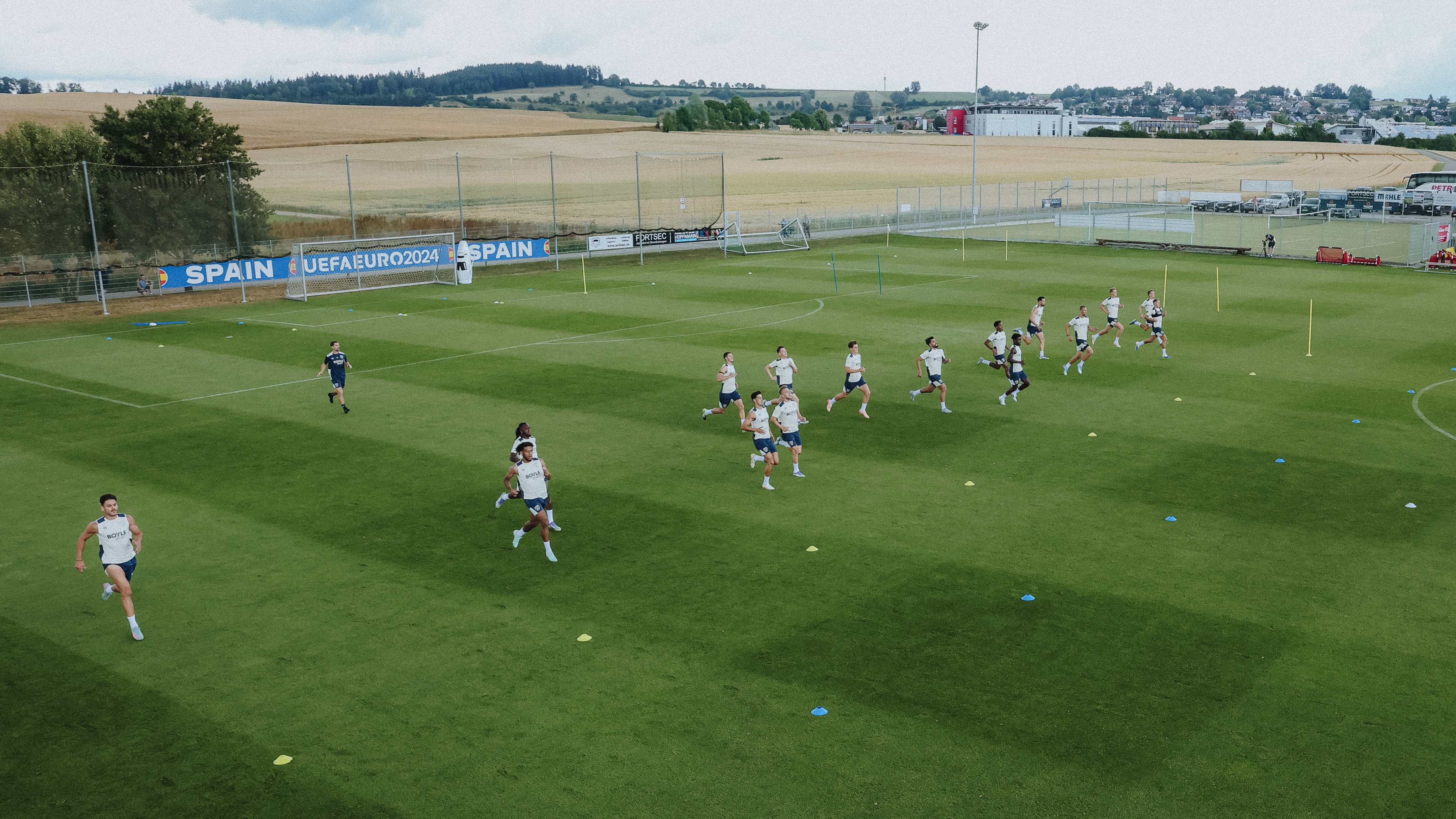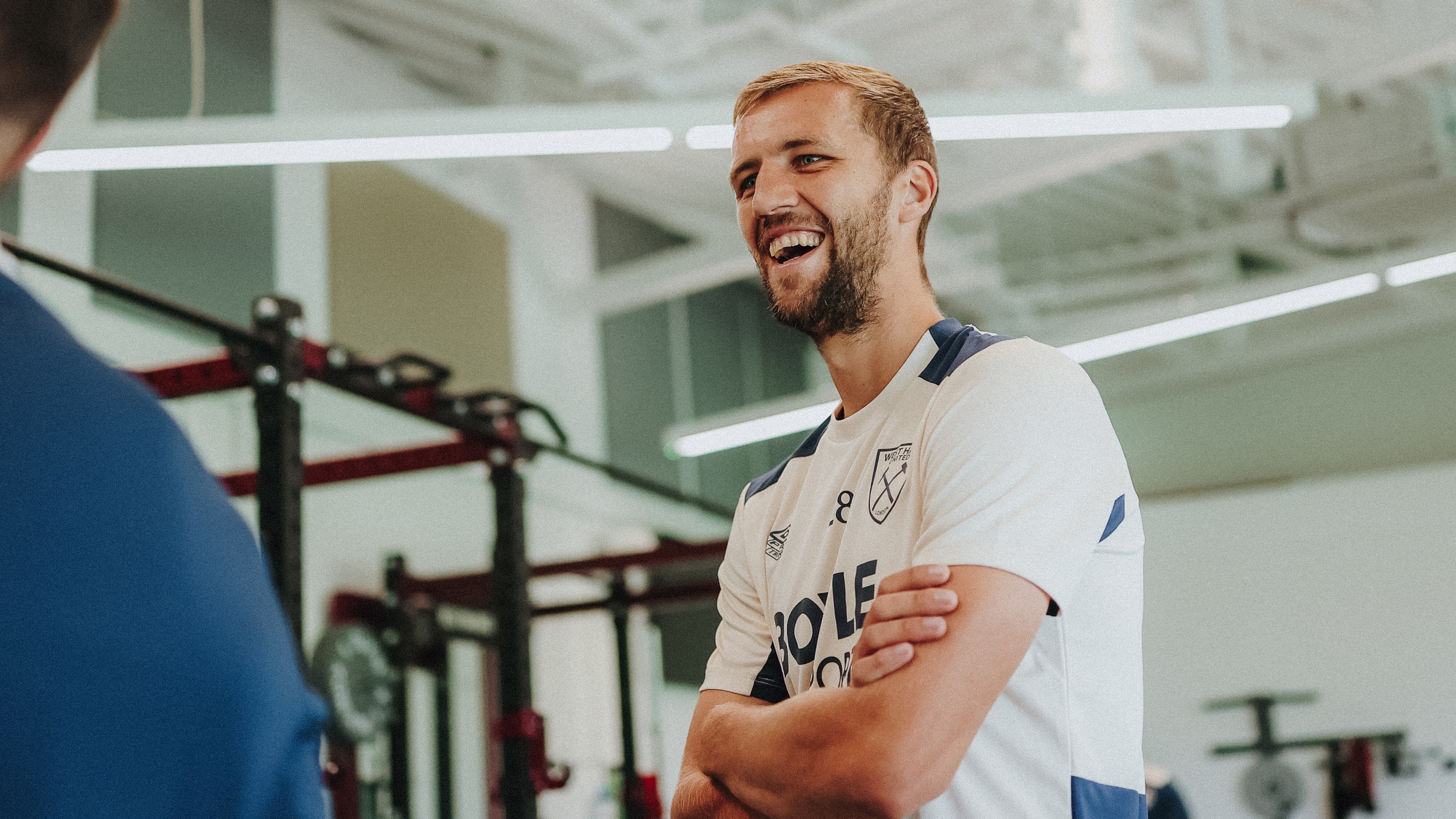West Ham United’s Rush Green training ground was a hive of activity as the men’s first-team and U21 squads began pre-season training on Wednesday.
The players had a busy day, first undergoing a series of tests and health checks to benchmark their physical and mental wellbeing, before heading into the gym and finally onto the pitch for the first time in 2024/25.
It was also a day of introductions, as head coach Julen Lopetegui and his staff met their players for the first time, and reintroductions, as teammates were reunited after a six-week summer break.
With a number of international players either still in action at major tournaments, or enjoying belated holidays of their own, the group was boosted by the presence of the Club’s promising Academy of Football youngsters, who also underwent tests and checks of their own.
Performance director Richard Collinge oversaw what is an important day in the calendar of every football club, as data was recorded that will be referred to throughout the season and seasons to come.
Richard, pre-season begins and that means a busy day full of activity, along with the buzz of it being the first day back and people being introduced or reacquainted?
“For us as a medical and sports science team there is a deeper meaning as it’s an important day for us to gather the benchmark data that we'll look at every pre-season, and I always believe that the data we get now stands us in good stead for the rest of the season as a comparator.
“It's the usual kind of look under the bonnet, so to speak. We look at what we call the anthropometric data, which is the heights, weights and body fats. We look at the basic kind of skeletal data and take the blood tests, so we're looking at things like inflammatory markers, white blood cells, and at markers such as vitamin D which, bearing in mind the lads have been away in sunny climates, we hope that at this stage of the season is in a good condition compared to what we see in the winter months.
“We do cardiac checks, so it's an ECG (electrocardiogram), which checks the electrical rhythm of the heart, and the Echo, which is an ultrasound of the heart, just looking at how the heart muscle functions dynamically, and how the valves function.
“We then screen the players on the bed, so we look at them anatomically, at a range of motion of the hip joints, at the flexibility of muscles like hamstrings, and we look at functional tests, like a weight-bearing ankle range of motion. These are things that we can go back to later on in the season, should problems arise with injury around those areas.
“We also did a concussion test, tests of balance and a neurocognitive test, which is based on a computer and takes about 20 minutes for each player to do, so that's a good test of what their capabilities are, should a concussion arise during the season.
“Once we've got all that data, we sit down and we crunch it and we see if there are any kind of red flags, any early warning detection systems that we need to put into operation.
“In the afternoon, it was the first session on the pitch with the new head coach and his staff just to get the boys going, really, so it was a productive day on the whole.”
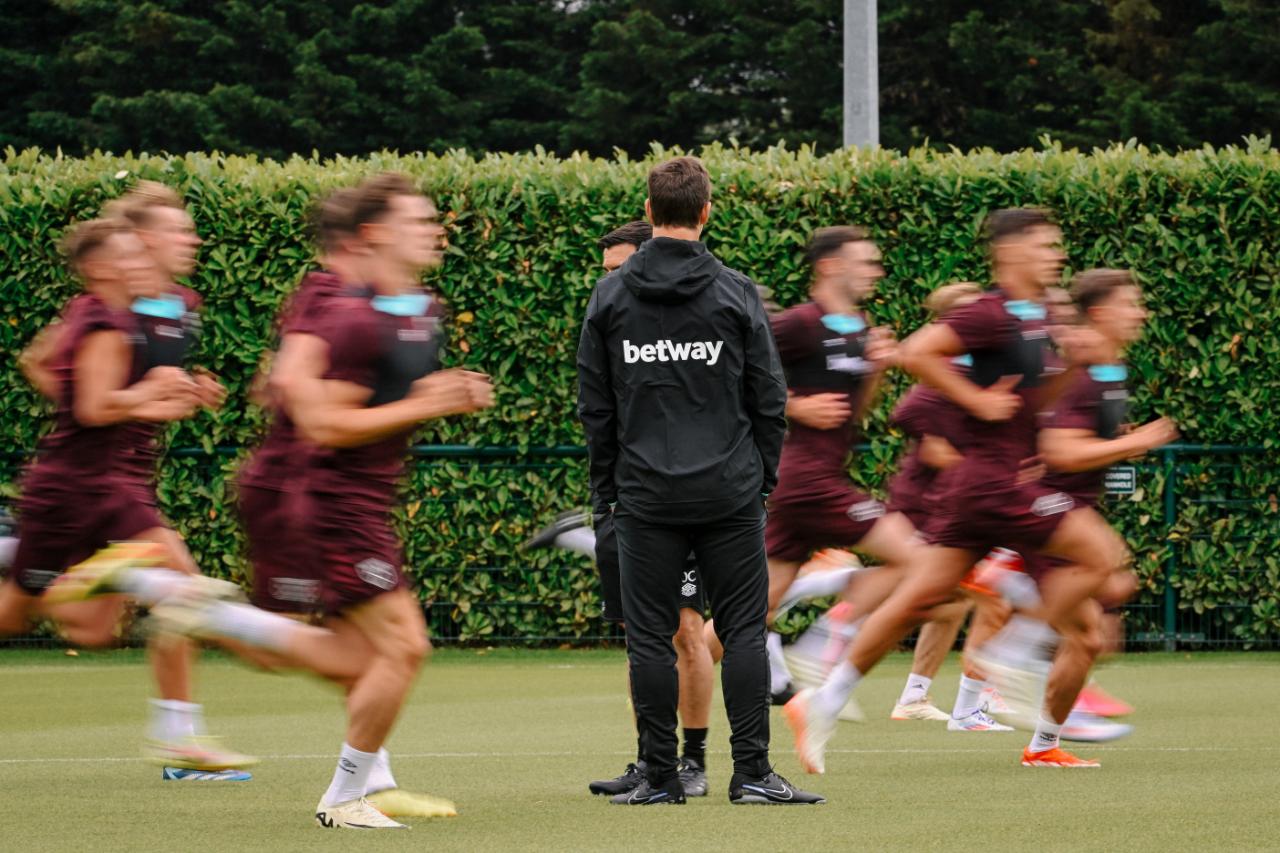
It’s important to spot anything now, presumably because the players are going to be working very hard in pre-season and any issues could lead to injuries or other health issues?
“Pre-season is the time when the new head coach wants to certainly assess the players that are new to him and the intensities get ramped up quickly. I often look back over the years I have worked in football the players now come back in tip-top condition to start pre-season, whereas I think historically players have come back and it's taken two to three weeks to build them up. Now, they have to hit the ground running and go into the first sessions with a good level of fitness. That's accepted now and the players know that’s what's required.
“They were given off-season programmes to do as well. There's some rest and relaxation that we encourage within that, as we want to make sure they get some rest and recovery from a physical and mental aspect. But then we start to ramp them up even two or three weeks ago with an off-season programme that means that, on a day like today, we can get the screening done in the morning and this afternoon that they're on the pitch and ready to go. Overall, we capture good baseline data that we can use throughout the season.”
There has been discussion around players being overworked and burnout, with short summer breaks and more and more matches. How do you balance that, especially when international players are either coming back later than non-internationals, and some are still competing at tournaments as others have had a holiday and are already back into pre-season work?
“I think you're always trying to assess across a group, really. If you look back to even December 2022, the winter World Cup threw everything out of kilter, we finished the 2022/23 season later, especially when you factor in our Europa Conference League triumph as well.
“At the time, we had got international players going away after Prague, and a shorter off-season in 2023. Now, with the internationals this summer, we had eleven senior players who we screened on Wednesday, then looking ahead we will welcome others back at different times over the next few weeks after they have had their breaks.
“We have a few who are still going at international tournaments, and they need their rest and recovery, so we have to balance that with the robustness and resilience which we want our players to carry forward with them. We don’t want to tip them over the edge.
“To do that, working with the head coach and his team, we will do physiological monitoring with daily questionnaires and devices looking at their hydration status, the quality of their sleep and other data. We are capturing all this on a daily basis and then, not just now but throughout the season, we know when a player might be approaching the red zone and we can modify things or chat to the head coach and his staff about how a player is looking physically and mentally.”
Finally, as you mention, we have a new head coach and coaching staff, so does change the way the medical and sports science team works?
“We've obviously met with new head coach and staff prior to today to try and understand how they want things to work and that starts with the daily structure, with the basics. This is the players back in and all the staff together for the first time. but we've had meetings before today to make sure that, as soon as the players walk through the door this morning, it's all well planned.
“Certainly, with new head coach and staff, we want to make sure that the players come in and they know that they are on a certain station at a certain time, what time they're eating etcetera, and we have to be structured with it all.
“We’ve got to blend in together, we need to understand what the new head coach and his staff want, what their requirements are, what their processes and experiences are.
“We feel as a medical Sports Science Team here at West Ham, we've done well over the past few years, but we're very open minded and ready to learn from another regime, so we will blend in and have this hybrid approach and work together effectively, very quickly and we embrace the change and the new culture.”
